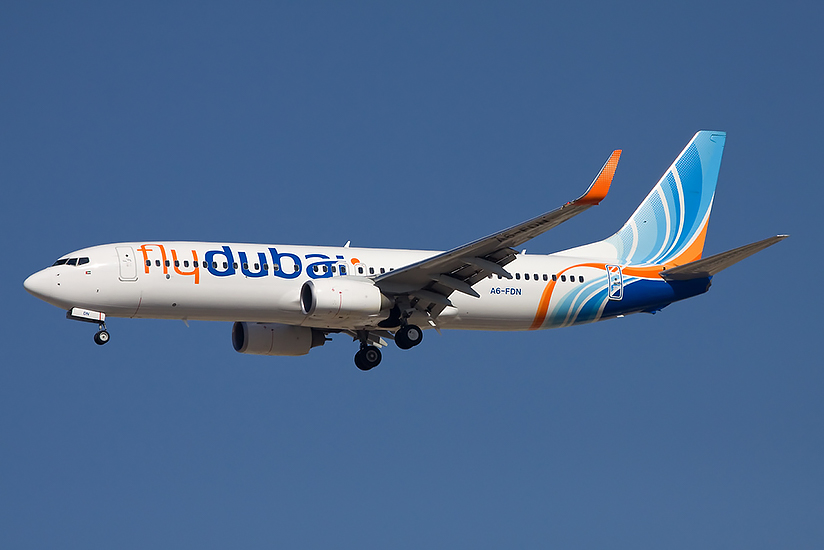
A “mixed-up mental mode” affecting a captain who had prepared for a go-around due to adverse weather conditions but was psychologically predisposed to land led to his loss of control of a Boeing 737-800 at Rostov-on-Don, said the Interstate Aviation Committee (IAC) of Russia. All 55 passengers, the five cabin crewmembers and the two flight crewmembers were killed when the aircraft struck terrain.
